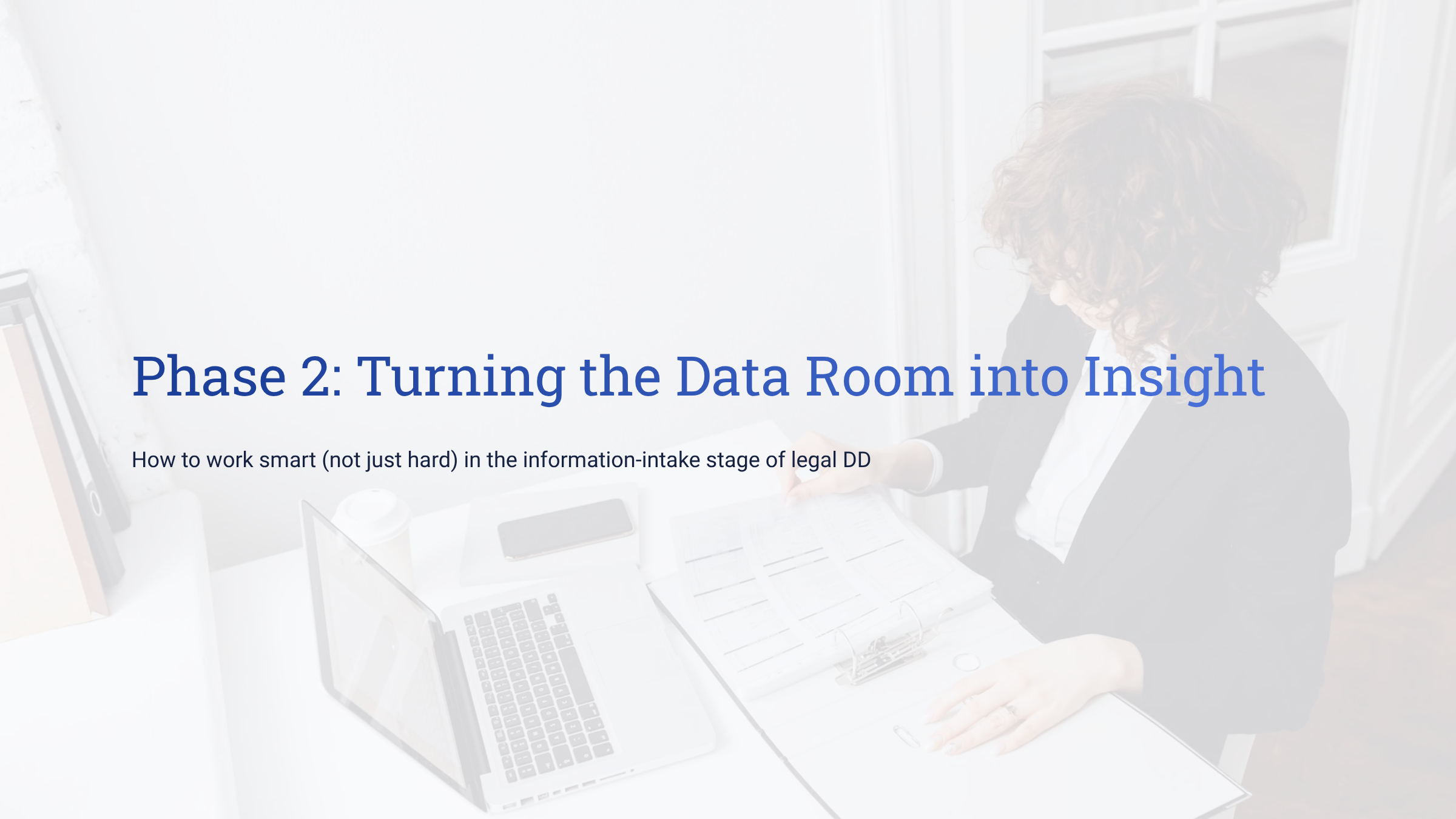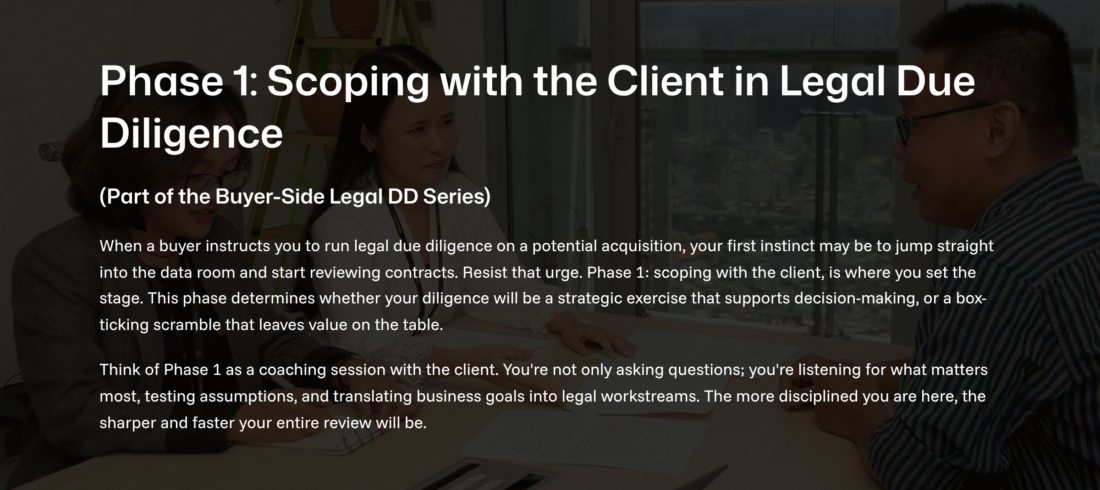To read or download the article, please click the following link.
1. Filing obligation
From 1 July 2025 onward, every Vietnamese enterprise that possesses legal personality under the 2020 Law on Enterprises (namely single-member limited-liability companies, multi-member limited-liability companies, joint-stock companies and partnerships) must lodge, update and keep records of their Beneficial Ownership (“BO”) information with the provincial Business Registration Authority (BRA).
2. Exemptions
Section 1.2 carves out four categories that do not have to file BO information with the BRA: State-owned enterprises, private enterprises (sole proprietorships), listed companies and companies whose shares are registered for trading on the stock exchange.
3. Definition
The law defines a Beneficial Owner (BO) as the natural person who ultimately owns or controls the enterprise. A person is a BO when he or she satisfies at least one of the statutory criteria outlined below.
a. Ownership criteria
A natural person is deemed a BO if that person, either directly or indirectly, holds 25 percent or more of the charter capital or 25 percent or more of the voting shares of the company. Direct ownership is measured against the company’s own capital or voting stock; indirect ownership is calculated by multiplying the percentage interests held at each tier of an ownership chain until the cumulative stake in the target company is determined. When the resulting percentage reaches or exceeds the 25 percent threshold, the individual qualifies as a BO.
b. Control criterion
Independently of equity thresholds, a person also qualifies as a BO if he or she exerts controlling influence over the enterprise. The guidance treats a person as having controlling influence where corporate decisions – such as appointing or removing most or all members of the board, amending the charter, restructuring the governance model, or approving reorganisation or dissolution – cannot be adopted without that person’s consent. Such influence may arise through shareholder agreements, veto rights, market reputation or other arrangements that allow the individual to block or dictate these fundamental matters.
c. Practical takeaway
When identifying BOs you must:
- Map direct shareholdings to spot any individual meeting the 25 percent equity or voting-rights threshold.
- Trace indirect holdings through each intermediate entity and aggregate the percentages to see whether the 25 percent threshold is met.
- Examine shareholder agreements and other contractual or de-facto arrangements to determine whether any individual can veto or dictate the key corporate decisions listed above.
Every person who satisfies any of these tests must be recorded as a Beneficial Owner and reported to the provincial Business Registration Authority under the disclosure regime that becomes mandatory on 1 July 2025.
4. Responsibility for Beneficial-Owner (“BO”) reporting
At the moment of incorporation, the obligation rests with the founder(s). Every promoter signing the formation dossier must include a BO declaration for the new company.
Once the business is operating, the duty shifts to the enterprise itself: whenever the BO data already filed changes—because ownership, voting power or control shifts—the company must notify the provincial Business Registration Authority within the statutory deadline.
For joint-stock companies there is an extra layer. The incorporators must disclose any corporate shareholder that owns at least 25 percent of the voting shares so the registrar can trace through to the ultimate natural person behind that entity. After incorporation, the same reporting duty falls on the company, except where the company is already subject to securities-market transparency rules (i.e., listed companies or those whose shares are registered for exchange trading).
In practice, this means founders must deliver a fully populated BO form at the start, and the enterprise must maintain a live register thereafter, updating it promptly whenever changes in direct or indirect ownership—or in controlling rights—occur.
5. Timing for Beneficial-Owner (“BO”) disclosures under Section A.7
a. Enterprises incorporated before 1 July 2025
When the amended Law on Enterprises takes effect on 1 July 2025, any company already in existence must file its first BO update no later than the next business-registration change it makes after that date. The update may be lodged earlier on a stand-alone basis if the company prefers.
b. Enterprises incorporated on or after 1 July 2025
For companies formed from 1 July 2025 onward, the founders must include a BO declaration in the incorporation dossier.
d. Ongoing updates for all enterprises
Once the initial filing is on record, every enterprise must keep its BO information current. Whenever there is a change in ownership or control that affects the list of beneficial owners, the company must notify the provincial Business Registration Authority contemporaneously with the corporate-registration filing that reflects the underlying transaction; if no other registration change is required, the BO update can be lodged as a separate procedure.
Certain transactions – such as increases in charter capital, admission of new members or transfers of ownership interests – trigger a statutory deadline: the BO notice must reach the authority within ten days of the change.
e. Practical takeaway
In practice, companies should embed BO reporting into their standard corporate-secretarial routines: file at incorporation or at the first post-July 2025 corporate amendment, and thereafter add a BO notice every time equity holdings or controlling rights shift, making sure to respect the ten-day limit where it applies.







